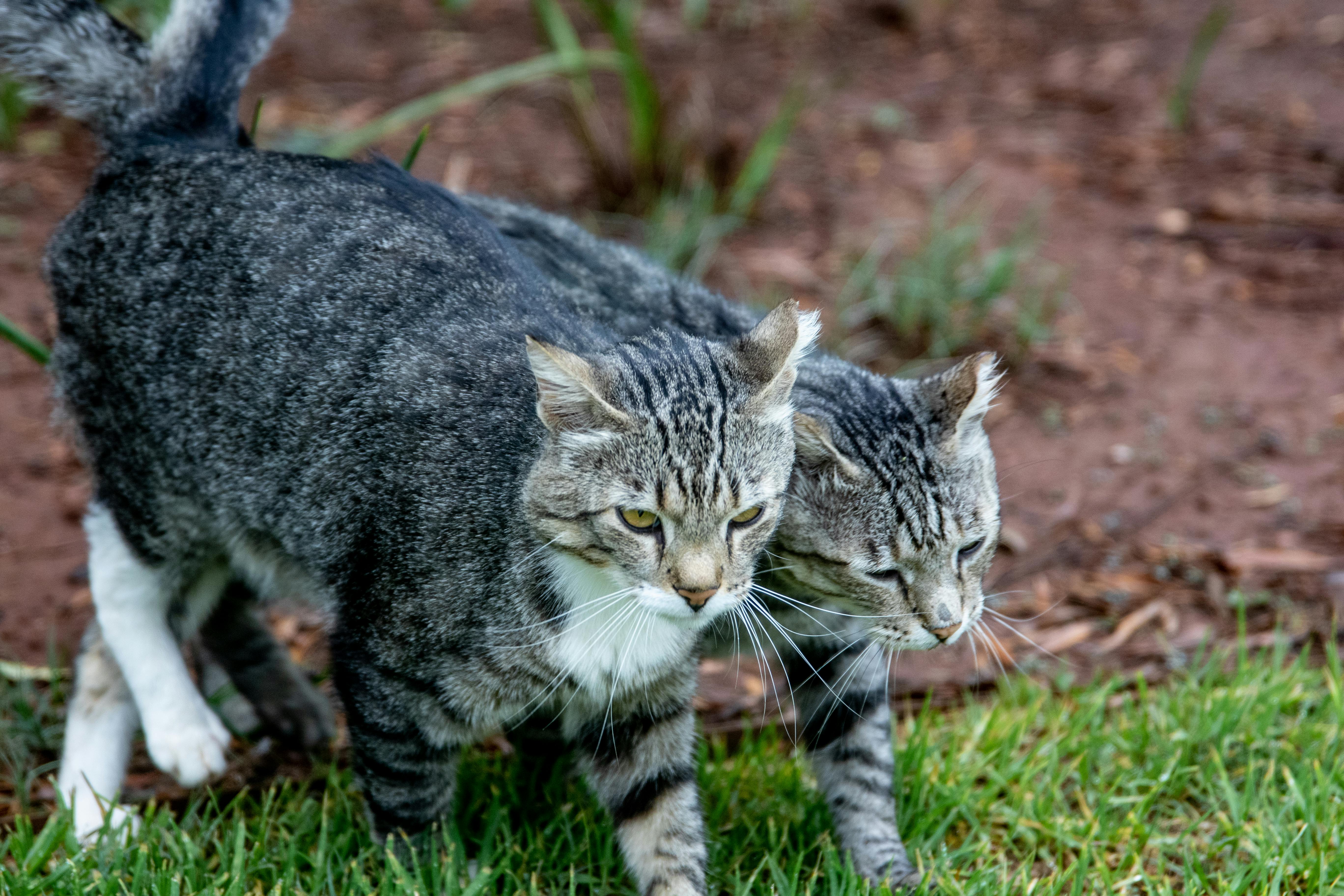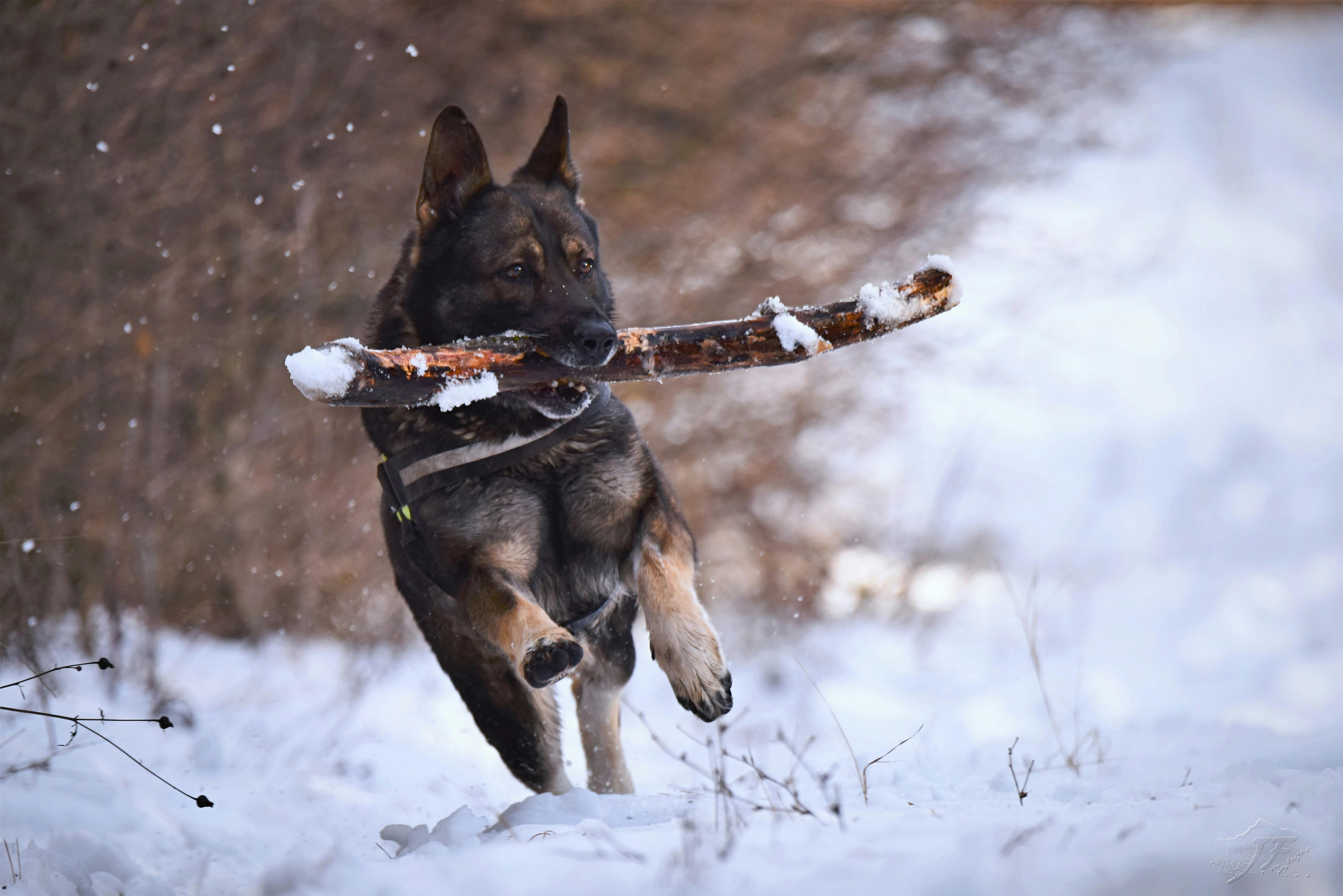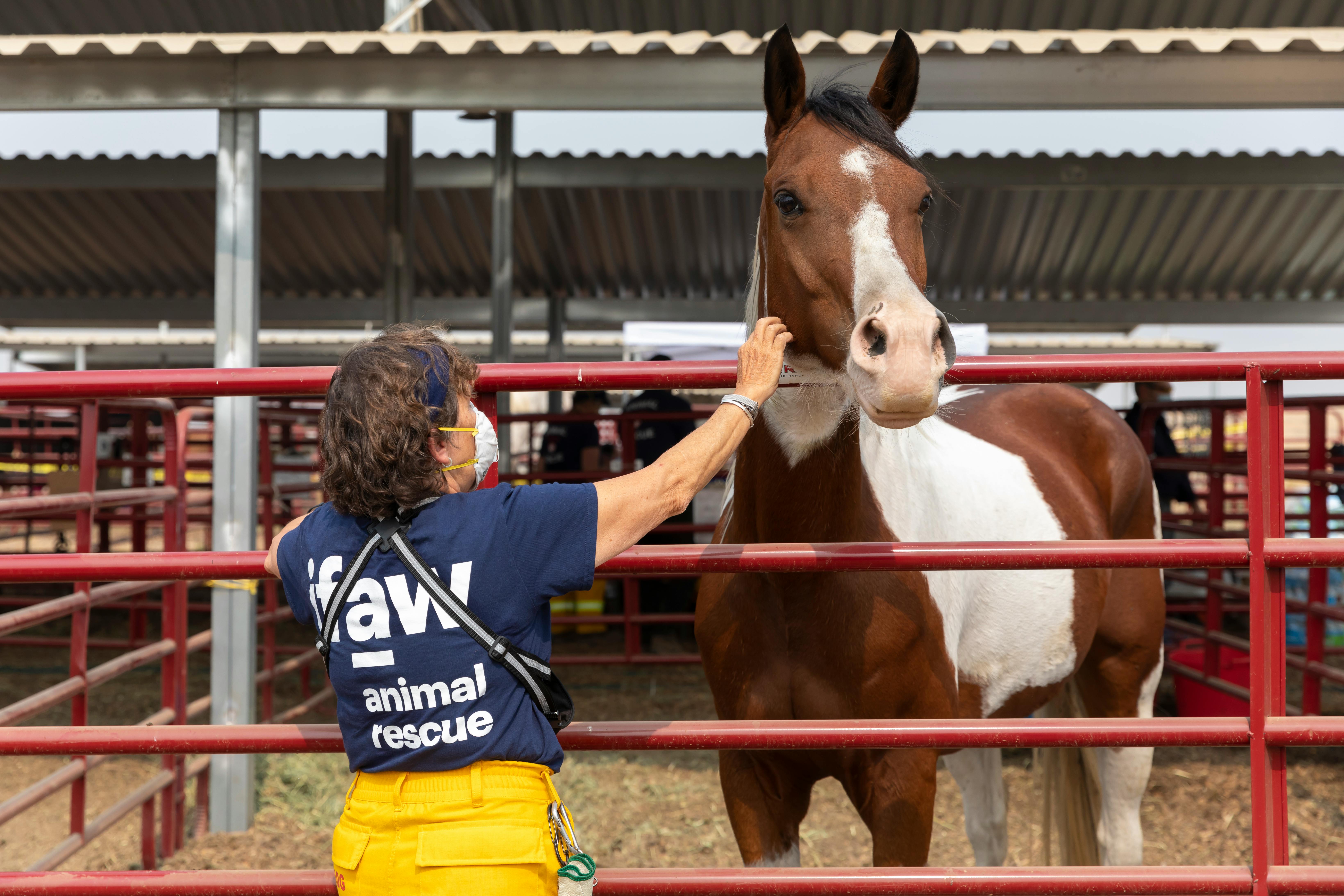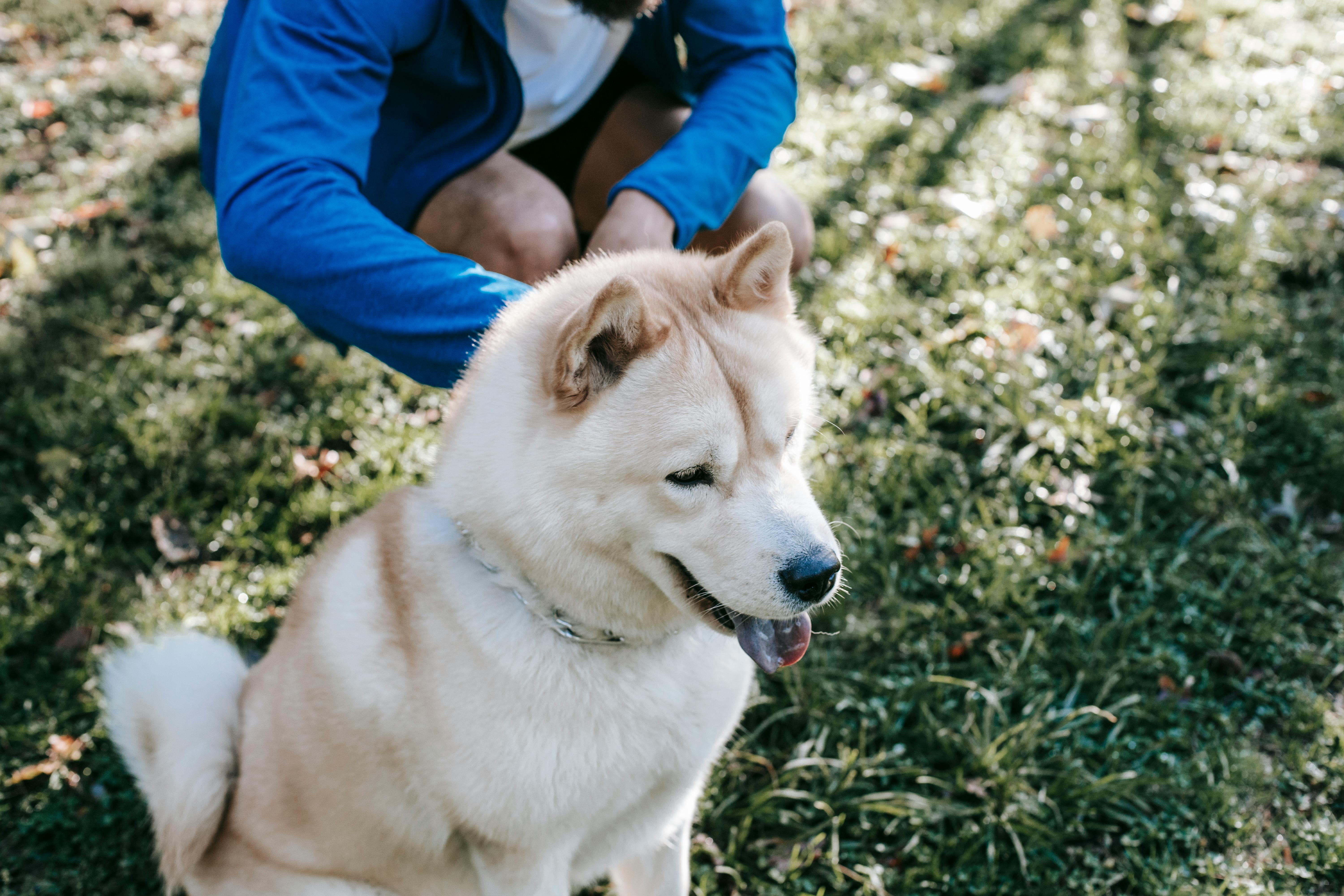
Common Havanese Health Problems: Keeping Your New Havanese Puppy Healthy And Happy
You are serious about learning more about how to care for the Havanese puppy you want to buy. It may have been many years since a dog has been in your home, or perhaps this is the first you have, or perhaps you have never spent much time with small breeds. What questions will you want to ask your Havanese breeder before committing to the purchase of a particular animal? What simple and regular routines will you undertake to ensure the continued good health of your Havense? What are the signs of health problems in any dog? What are the signs of certain Havanese health problems?
Do you know what you would do if it was necessary to organize emergency care for your Havanese? What should you do if your Havanese suffers an injury such as a broken bone? Do you know how to talk to your vet about the injury?
The Havanese tends to be long-lived and very healthy. However, you should be aware of the common health problems that can affect your dog. Since all Havanese in the United States can trace their ancestry back to one of eleven animals, genetic health problems can arise. Havanese are prone to displacement of the leg bones (dislocated kneecap), genetic deafness, and eye problems. The problems are relatively rare and not fatal. Some of the Havanese leg problems can be corrected by surgery, but this will make the dog ineligible to compete in shows.
Fortunately, Havanese breeders regularly test their stock of bulls, females, and puppies for these disorders. The Havanese Club of America recommends that breeders conduct annual eye, knee, hip, and hearing exams for their dogs. Results of eye tests are recorded with the Canine Eye Registry Foundation (CERF) and knee and hip tests with the Orthopedic Foundation for Animals (OFA). An honest breeder should be able to provide you with the results related to your Havanese.
You are the first line of defense against Havanese health problems. You should keep an eye on your Havanese and notice any changes in his behavior or appearance. An animal that is usually cheerful and playful that becomes bored and listless may be sick. Loss of appetite or weight can also indicate illness. Check your Havanese’s coat regularly for fleas and ticks. A mass under the skin can be a sign of an abscessed wound and should receive immediate veterinary attention.
Please have your veterinarian’s phone number handy in case you need to arrange emergency care for your Havanese. If you need to transport your Havanese to the vet, be sure to do the following. Muzzle the animal, because injured animals can even bite their owners. If you suspect a limb is broken, wrap it in a towel and tape it down. Do not splint the limb. You can lift small dogs directly under its belly. For small dogs with suspected neck, back, or hip injury, lift the dog up on a board. Pick up large dogs on a board.




No Comment